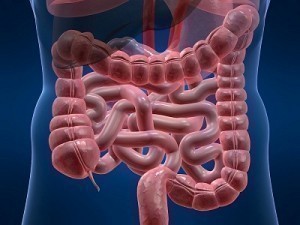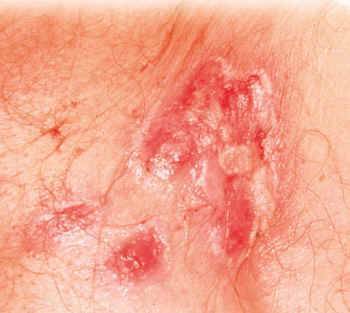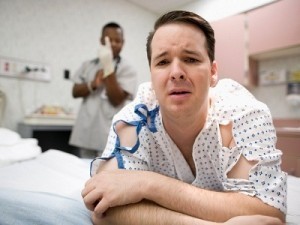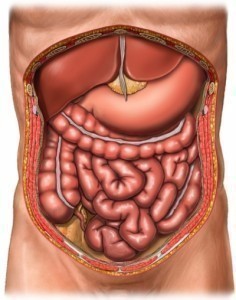Colon Cancer Symptoms
Like most cancers, recognition of the symptoms is essential for successful treatment of this disease. The proceeding information should be understood and learned by all health all conscious individuals.
Colon Cancer Signs
The early symptoms of the disease is tumor bleeding. As the tumor increases, bowels may change. The stool will turn narrow. There will be some stomach pain. One may feel bloated or very full. Cramping and severe gas pains will ensue. Diarrhea or constipation will be experienced. There is also a sensation of the bowel being very full.
Other symptoms include weight loss and feeling physically very weak. These symptoms by themselves are not proof of cancer. They may be caused by some other ailments. Nevertheless, it’s important that one sees the doctor if these symptoms persist.
Colon Cancer Diagnosis
Proper diagnosis begins with the patient informing the doctor of all the symptoms being felt. If there’s a possibility it is cancer, a series of tests will be conducted. The first is physical examination. This will be a thorough and exhaustive review of the signs. The past medical history will be assessed too. Some families are predisposed to cancer, so this will be evaluated.
A digital rectum exam will be performed. Another test is the fecal occult blood exam. In this test, some stool will be taken and examined for any blood. A sigmoidoscopy may be done after the rectal exam. This is used for determining any abnormalities in the colon.
A colonoscopy will be done if the colon lining needs to be checked. If cancerous mass is suspected, a tissue will be taken and examined in a biopsy. The double contrast barium enema may be performed too.
Colon Cancer Treatment
Chemotherapy and radiation remain the most widely used forms of treatment. Radiation involves the use of X-rays to get rid of the cancerous cells. Chemotherapy involves giving the patient numerous medications to fight off the disease.
If the cancer is found early, surgery is the best option. This procedure allows a doctor to remove the cancer. Usually the doctor inserts a tube in the rectum and draws the cancer out.
If this isn’t possible, the abdomen will be opened and the cancer taken out. If the lymph nodes are affected, these shall be taken off as well. If the lower colon must be removed, colostomy will be undertaken.
Colon Cancer Prevention
If any signs (major or minor) of the disease manifest, the doctor should be notified. The earlier it is detected, the better the chances of survival. It’s recommended that from age 50 upwards, people should subject themselves to tests.
Once a year, a digital rectal exam and fecal occult blood test should be done. Flexible sigmoidoscopy is best done every five years. The colonoscopy and barium enema needs to be performed every five or ten years.
Regular exercise will strengthen your body resistance to cancers. A diet full of fiber and less fat is also recommended.
If you observe the screening rules and have checkups, the odds of discovering colon cancer early will increase. Living a healthy lifestyle will also help immensely.







